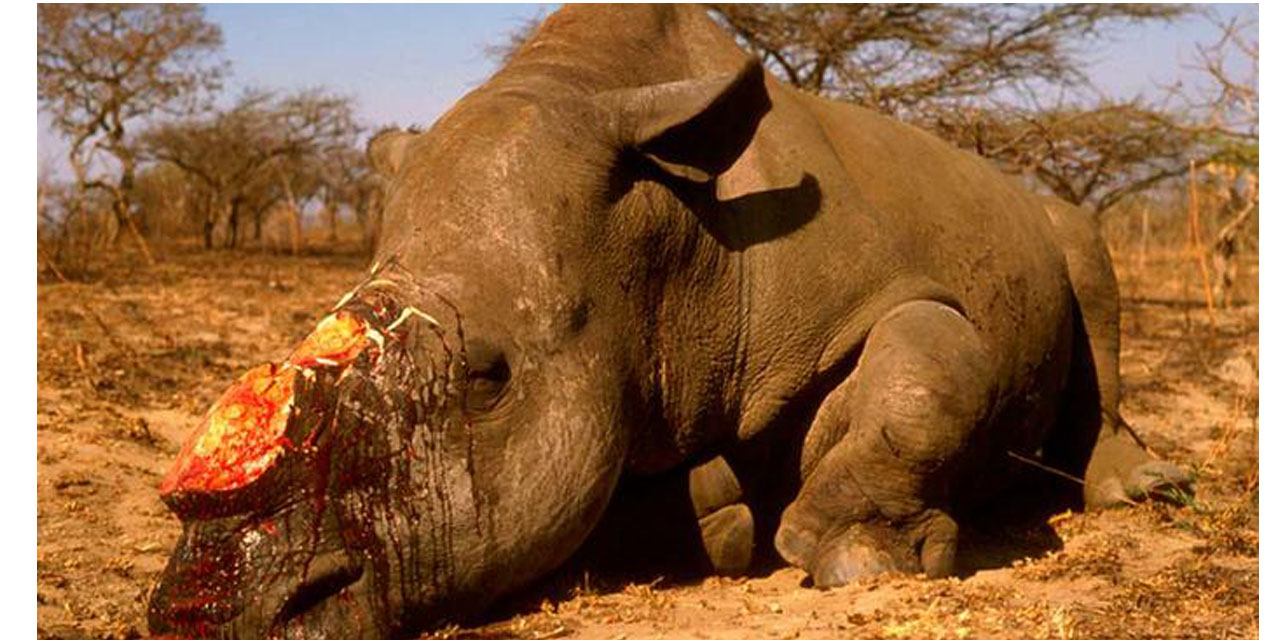Martin Endjala
Insufficient funds injected into sustainable management of forest resources is the reason for uncontrolled chopping down of trees for household and commercial use.
The Deputy Director of Forestry Fillemon Kayofa from the Directorate of Forestry in the Ministry of Environment, Forestry and Tourism shared these sentiments during a table discussion under the theme ‘Stop Poaching Namibia Forest Resources’ in partner with the European Union, Hanns Seidel Foundation and the Desert Research Foundation of Namibia (DRFN) held at the House of Democracy in Windhoek today.
The event is aimed at promoting sustainable forest management in the Kavango-Zambezi regions given their vast forests compared to other regions. Kayofa pointed out that in the last 4-5 years, there has been a high demand in the international market for timber among others.
The deputy director said that illegal harvesting of forest resources is ongoing on a daily basis, including the harvesting of trees before they are ready.
The ministry has confiscated plus minus 21 000 products which include poles, timber and charcoal, in addition to more than 4000 products exported.
Kayofa said that unauthorized fencing, and lack of land use coordination by Government on the allocation of land in community land forestry is one of the conundrums the forestry directorate is facing. This is attributed to the lack of coordination between traditional authorities and the MEFT as well as the Ministry of Agriculture Water Land and Reform.
MEFT is currently in deliberation to review the Forest Act and to amend it to address the reality on the ground.
Kayofa also revealed that the restriction on timber harvesting will also be reviewed.
He the ministry is looking as tree planting, community forestry empowerment, plant research and wood industry development as some interventions to restore the country’s forests and to put in place sustainable management plans for the resources.
The programs are said to provide employment and develop communities who are involved and live around these resources.
European Union ambassador to Namibia Sinikka Antila touched on the importance of preserving the
country’s natural resources for the benefit of the country and for future generations, while recognizing the different stakeholders involved in the fight against climate change.
The ambassador said that the project is funded by the EU, to implement decisive counter measures to mitigate deforestation and strengthening Namibia’s uncontrolled poaching of forest resources.
She further hopes that people will become increasingly ecologically mindful for the care of Namibia’s diverse natural wealth. “Namibia has made commitment to the Paris Agreement and indeed, targeted interventions such as this will help it make significant strides towards achieving the set goals, Antila said.
Clemense von Dodere, a forery expert from the Hans Seidel Foundation said that in order to know how to envisage mitigating plans in tackling forestry poaching, inventory must be applied as well as to revisit the forestry current regulations to pair it with current trends.




